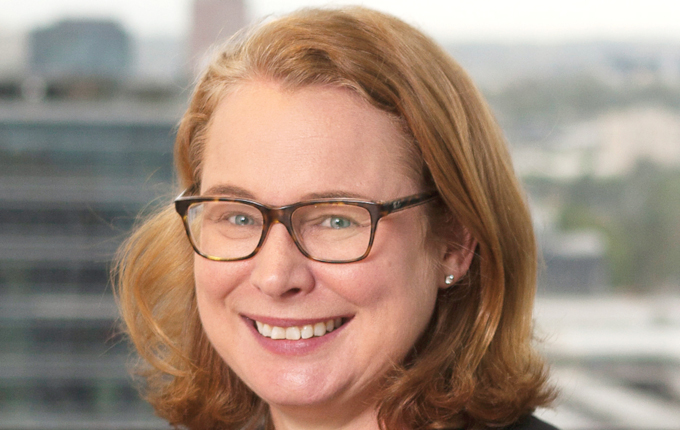Climate change is not just the ‘E’ in ESG, it is part of a much broader social issue that goes to the core of Aware Super’s member objectives
Register to Access this Exclusive [i3] Insights Article
Create a free account to access exclusive interviews with asset owners, revealing insights on investment strategies, market trends, and portfolio allocations.
If you already have an account you can Login .
If you have any issues registering an account please send us an email at [email protected].

